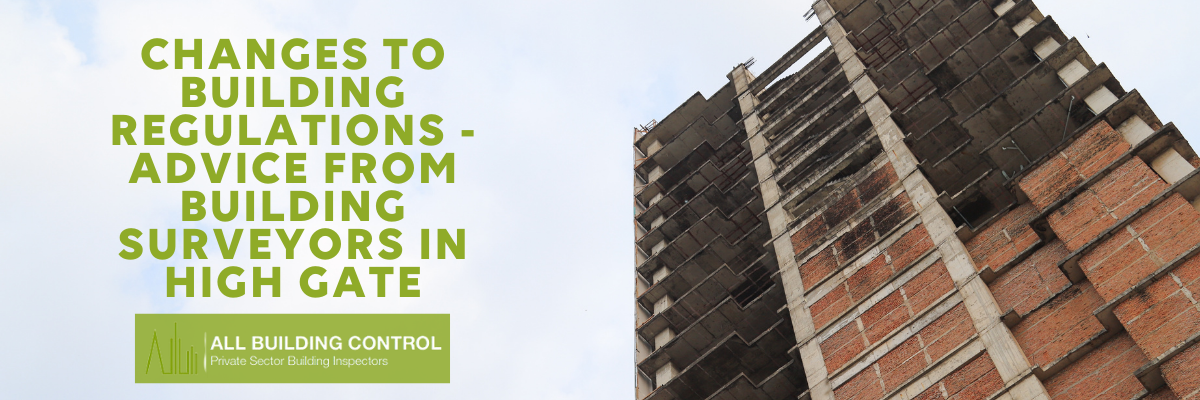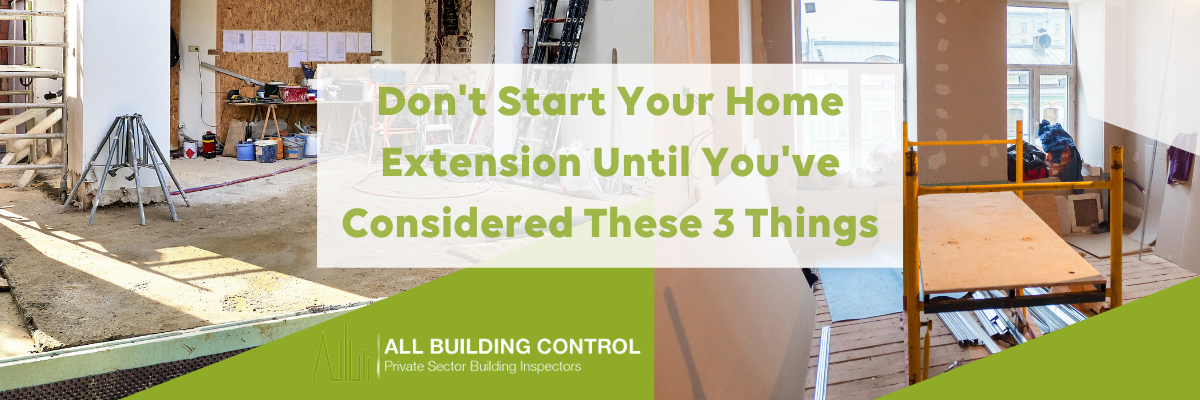You might know that the UK has a goal to have net-zero carbon emissions by the year 2050.
The government has set out many measures to help meet this target, some of which are having a major impact on building regulations.
In December 2021, the Department for Levelling Up, Housing and Communities (DHLUC) announced a series of changes to standard building regulations, all of which are to come into effect on the 15th of June.
These measures focus mainly on energy efficiency through increased insulation, improved materials, and low carbon technologies. They also work towards the 2025 Future Homes Standard, which will ensure that new builds produce 75% less carbon dioxide than those built nowadays.
So, what will actually be changing?
New Builds
The updated regulations aim to cut current carbon emissions by 30% in new build homes.
As for commercial new builds, the new measures should cut carbon emissions by 27% compared to current standards.
These goals will be met through a variety of measures, including ventilation and other modern, energy-efficient techniques.
Energy Efficiency
While the average energy efficiency of homes has undoubtedly improved over the past ten years, we still have some way to go if we have any hope of averting the climate crisis.
The new regulations will help us on our way by changing the standard requirements for insulation, thermal bridging, air leakage testing and primary energy testing. It is the hope of the government that households will adopt more sustainable heating systems, such as heat pumps, for their homes.
Ventilation
A big part of the new regulations involves proper ventilation to ensure better air quality in airtight buildings.
This particular regulation may come as unsurprising, considering the recent pandemic. Increased ventilation, particularly in non-residential buildings, should go a long way in preventing the spreading of airborne viruses. Moreover, they should also help buildings avoid a buildup of mould and condensation.
Several other more specific measures are also being introduced, such as the requirement for new offices to have carbon dioxide monitors.
Contact Building Surveyors in Highgate for Expert Advice
These are just a small handful of the updated regulations that are coming into effect next week.
Confused? That’s what we’re here for.
All Building Control comprises an experienced team of building surveyors in Highgate, happy to help with any enquiry you might have. If you’re in need of building control, don’t hesitate to get in touch with us today.




